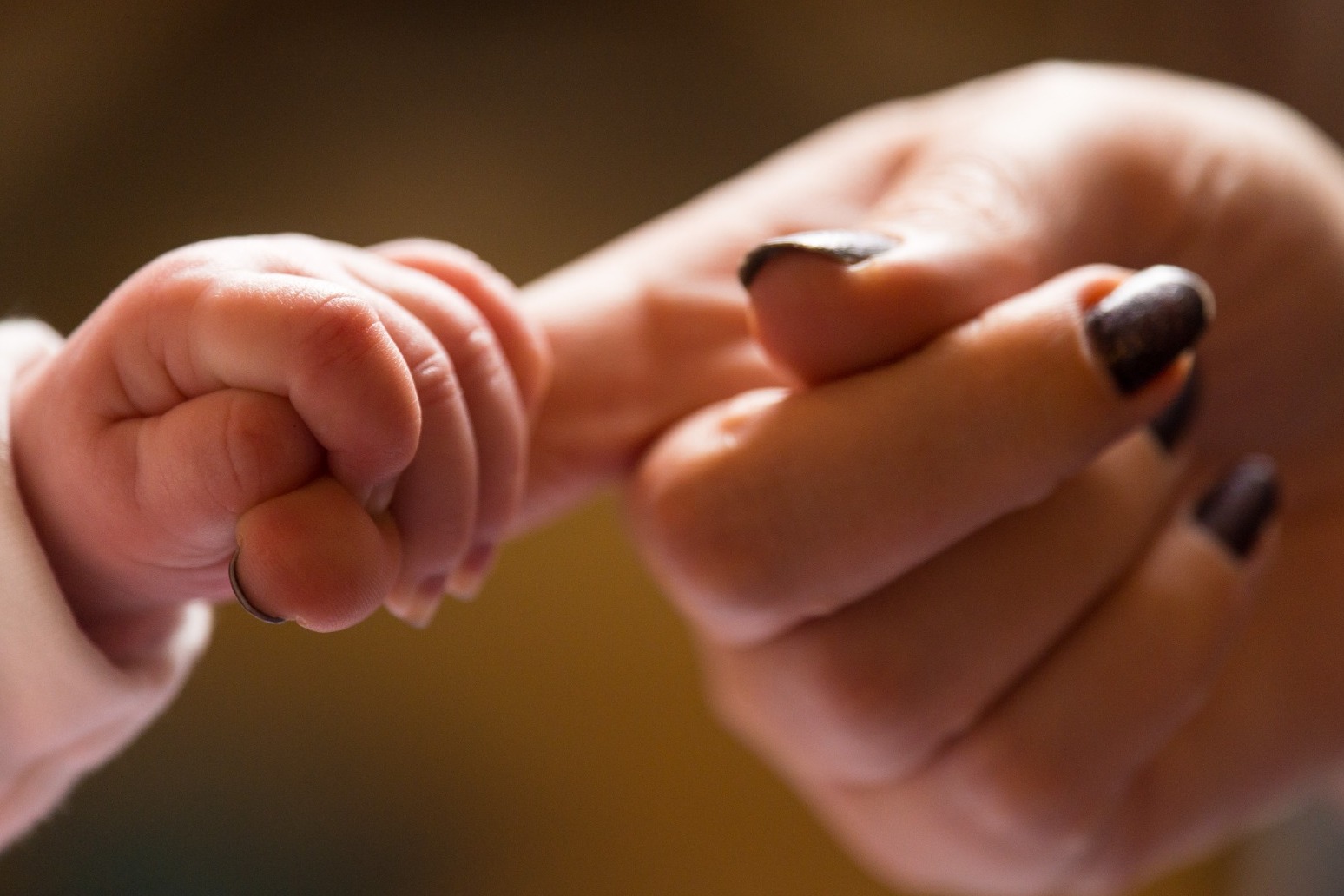
Up to 1,200 new mothers suffer psychosis each year
Figures from the Royal College of Psychiatrists, based on births registered in 2022, suggest between 600 and 1,200 women each year may suffer from the condition.
The data is broadly in line with previous estimates, which suggest one to two new mothers in every 1,000 are affected.
Postpartum psychosis is a serious mental health illness that occurs soon after having a baby and is very different to the “baby blues”, where mothers can feel down following birth.
Sometimes called puerperal psychosis or postnatal psychosis, the symptoms of postpartum psychosis include hallucinations, such as seeing and hearing things that are not there.
The NHS website also says women can experience delusions, such as believing they are being followed or watched, and have suspicions that are not true.
They can also feel “high”, be restless, suffer agitation, have difficulty sleeping and have anxiety or low mood.
Symptoms usually start suddenly within the first two weeks after giving birth, often within the first few hours or days, but can sometimes develop weeks later.
If not treated quickly, usually in hospital, the psychosis can increase the risk of suicide.
Dr Cressida Manning, chairwoman of the perinatal faculty at the Royal College of Psychiatrists, said: “Every year, hundreds of mothers suffer from postpartum psychosis which puts both their health and the health of their baby at great risk.
“It also robs women of precious moments with their newborn, and this can be deeply traumatic if they don’t receive compassionate and personalised care quickly.
“Many pregnant women are aware that they might experience the postnatal depression after giving birth and persistently feel sad, anxious or exhausted.
“Far fewer know that postpartum psychosis is an illness that even exists and can cause them to develop significant mood swings, delusions and hallucinations meaning they are unable to care for themselves or their child.
“With the right support, women with postpartum psychosis can fully recover from their illness and develop a loving and meaningful bond with their child.
“Perinatal mental health services are specifically designed to help them recuperate and care for their baby at the same time.”
The Royal College of Psychiatrists said the Government must keep its commitment to ensure 66,000 women with moderate to severe perinatal mental health difficulty have access to specialist community care from before birth to two years after birth.
Their partners must also have access to mental health assessments and support, it said.
Dr Manning said: “Although we have seen improvements, Government must ensure the mental health of pregnant women and mothers is not treated as an afterthought. They must be offered specialist care throughout their pregnancy and after they have given birth.
“We also need to tackle the stigma surrounding psychosis as many women worry they’ll be judged and deemed unfit to care for their baby.
“Mothers need to know they are not to blame for their illness and must not be left to overcome it alone.”
A Department of Health and Social Care spokeswoman said: “Supporting new mothers and their babies is vital, and every part of England now has a specialist mental health team with experts offering tailored support for a range of conditions, including postpartum psychosis.
“Spending on mental health has increased by more than £4.5 billion in cash terms since 2019, and our Long Term Workforce Plan is growing the number of NHS staff working in mental health, primary and community care, further strengthening support for these services.
“In addition, GPs should now provide mental and physical health checks for six weeks to mothers after a birth under new NHS guidance.”
Published: by Radio NewsHub